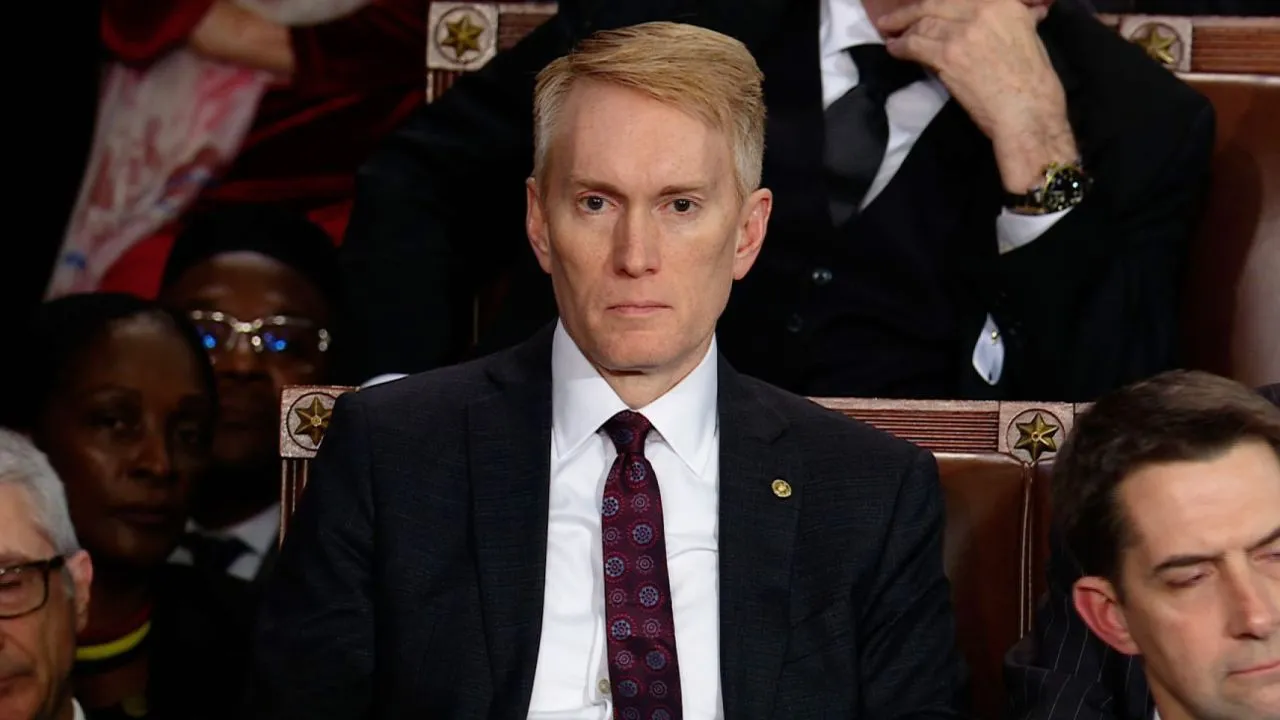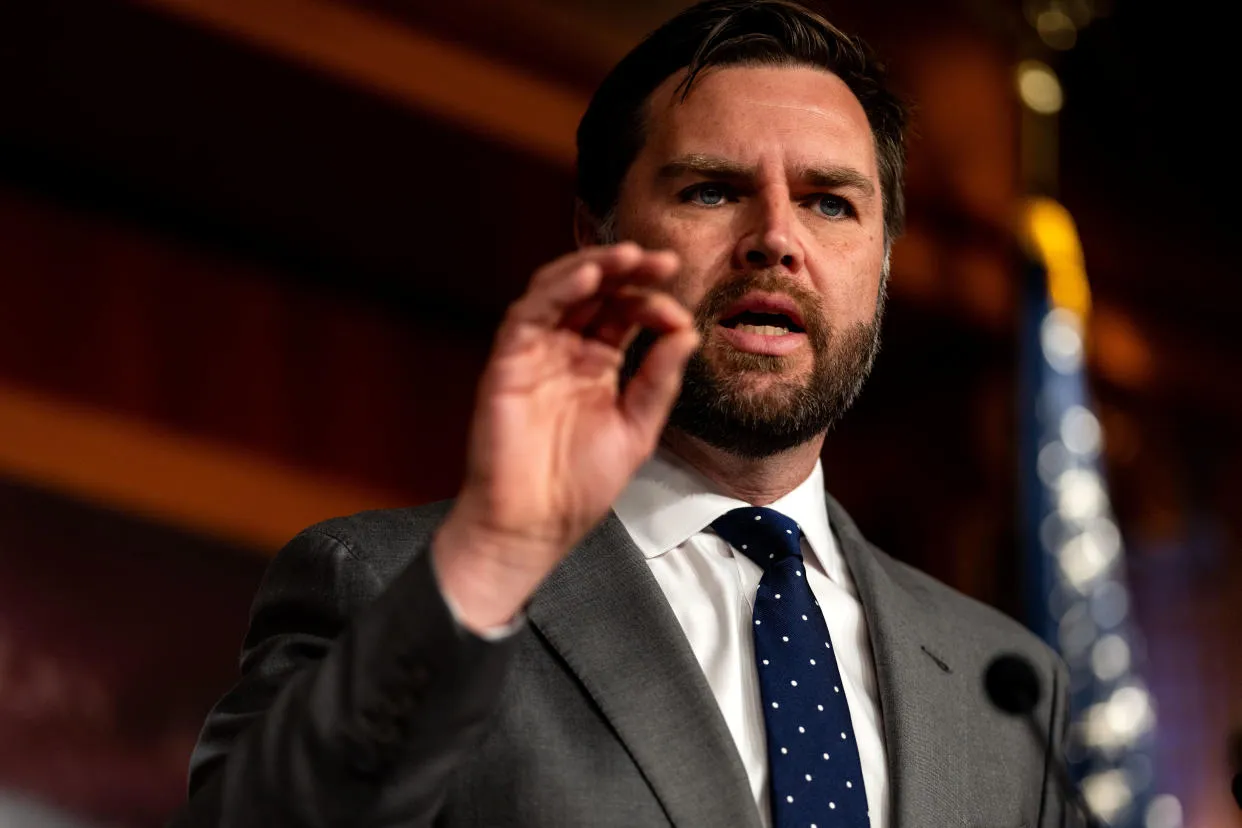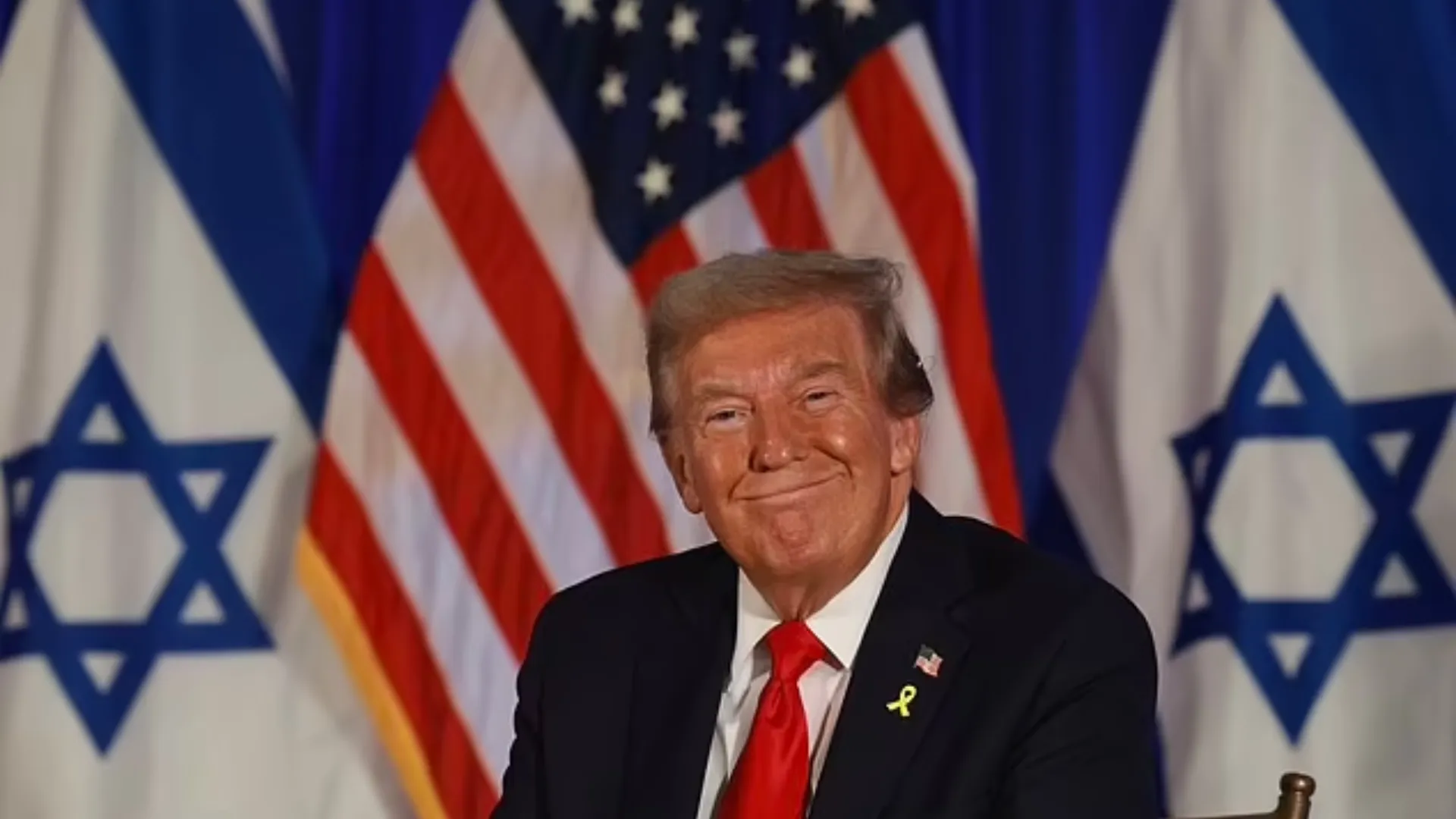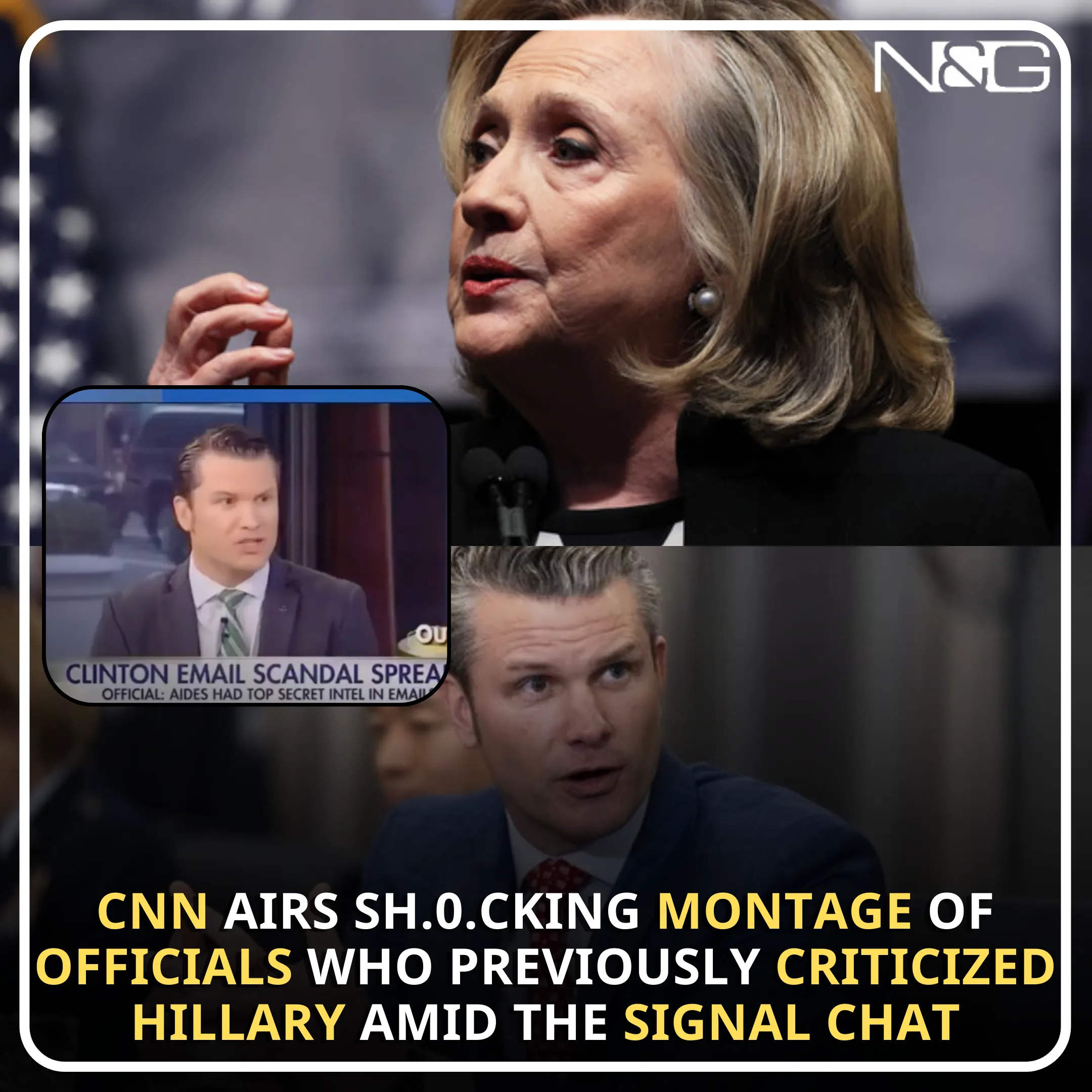Elon Musk's recent $1 million giveaway in Wisconsin, designed to energize Republican voters ahead of the state’s highly contested Supreme Court election, has quickly become embroiled in controversy. While the giveaway aimed to encourage participation in the election by offering substantial cash prizes, critics have raised suspicions about the fairness of the event, claiming it may have been rigged.
The first recipient of the $1 million prize, Nicholas Jacobs, has been revealed to be the chairman of the Wisconsin College Republicans, prompting accusations that the giveaway was designed to benefit a specific group of political allies rather than a random sample of voters.
This giveaway, reminiscent of Musk’s past promotional stunts in swing states leading up to the 2024 presidential election, has prompted widespread skepticism. Some argue that the event, although framed as an appreciation for voter participation, may be little more than a politically motivated stunt aimed at influencing the outcome of a key judicial race.
With such high stakes in Wisconsin’s Supreme Court election, this controversy raises significant questions about the ethics of Musk’s involvement in shaping electoral outcomes and the broader implications for political engagement.
The giveaway, which took place on Sunday in Wisconsin, was positioned as a way to “fire up” Republican voters ahead of the Supreme Court election on Tuesday. Musk, a prominent figure in the tech world and a major supporter of conservative causes, has frequently used his platform to support Republican candidates and causes.
In this case, the giveaway appeared to be an extension of his broader efforts to mobilize conservatives and build momentum for the election, which many see as pivotal to the direction of Wisconsin’s judicial system.
Musk presented the giveaway as a way of thanking voters for their participation, and the prizes were advertised as a form of encouragement for those who signed his petition opposing “activist judges” in Wisconsin. However, the inclusion of a significant number of right-wing figures among the prize winners, especially the revelation that one of the recipients was a prominent Republican figure, has cast doubt on the fairness of the event.
The first $1 million winner, Nicholas Jacobs, who was announced at the rally, quickly became a point of contention when it was revealed that he was the chairman of the Wisconsin College Republicans.
Niall Stanage, a White House columnist, was among the first to point out the striking similarities between Jacobs and the chairman, leading many to speculate that the event was less about rewarding random participants and more about serving the interests of Musk’s political allies.

The revelation that Jacobs, a well-known figure in Wisconsin’s conservative circles, had won one of the prizes quickly fueled accusations of bias. Critics argued that it was highly unlikely that Jacobs, who is deeply involved in the Republican Party and has a vested interest in the outcome of the election, would have been randomly selected for such a large sum of money.
Many felt that this was indicative of a larger pattern in Musk’s political involvement—using his wealth and influence to support causes and candidates that align with his personal views.
A post from one of Jacobs’ friends on Facebook confirmed his win, further fueling suspicion. The post revealed that Jacobs was indeed the chairman of the Wisconsin College Republicans, a group that advocates for conservative principles, particularly on issues like judicial appointments and political engagement.
The post also mentioned that Jacobs had been driven to the event through an ice storm, adding an element of drama to the story that some critics found suspiciously convenient.
The news of Jacobs’ victory prompted widespread backlash, with many questioning the integrity of the giveaway. “Everybody got played,” one commenter stated, while another remarked, “Could explain his lack of any emotion whatsoever…it was another performance!”
These reactions were indicative of the growing skepticism surrounding Musk’s giveaway, with many feeling that the event had been manipulated to favor a specific political faction rather than a fair and transparent process.
In addition to Jacobs, two other recipients, graphic designer Ekaterina Diestler and mechanical engineer Scott Ainsworth, also received checks, though the revelation about Jacobs quickly overshadowed their wins. The focus on Jacobs, who had ties to a conservative political organization, raised concerns that the giveaway was not as neutral as it was advertised to be.
In the aftermath of the revelations, Musk took to social media to defend his actions. He clarified that the giveaway was not tied to voter participation directly but was intended as a reward for signing a petition opposing “activist judges.” Musk’s explanation was met with further criticism, as many felt that his phrasing was designed to skirt the legal constraints on political influence in elections.
Wisconsin law prohibits any financial incentive or payment that could be construed as an attempt to influence voter behavior, a concern that loomed large over Musk’s giveaway.

On Friday, Musk also addressed the legal concerns by deleting his initial post advertising the giveaway as “appreciation for you taking the time to vote,” acknowledging that the language could be perceived as violating Wisconsin’s election laws. By rebranding the giveaway as a reward for signing a petition, Musk attempted to distance himself from the more controversial implications of his actions, but the damage had already been done.
Critics continued to argue that the giveaway, regardless of how it was framed, was part of a broader strategy to influence the election in favor of conservative candidates.
Musk’s involvement in the election, particularly his financial support of conservative judicial candidate Brad Schimel, has also been called into question. Schimel, who has received nearly $20 million in backing from Musk’s America PAC, has run on a platform that emphasizes tough-on-crime policies, opposition to transgender rights, and other socially conservative positions.
The substantial financial support from Musk has only deepened suspicions that the giveaway was part of a coordinated effort to boost conservative turnout and sway the election in Schimel’s favor.
Musk’s actions in Wisconsin are not isolated but part of a broader pattern of political involvement that has raised questions about the role of money and influence in shaping American elections. As one of the wealthiest individuals in the world, Musk’s financial backing and public support for candidates have the potential to sway voters, particularly in key battleground states.
The Wisconsin giveaway, which appeared to target Republican voters, is just one example of Musk using his platform and wealth to influence political outcomes.
This raises broader questions about the ethics of such actions. While Musk is legally allowed to support candidates and causes that align with his views, the use of his wealth to sway voters in this manner has sparked concerns about the fairness of elections.
Critics argue that the power of money in politics is already too pervasive, and Musk’s actions only add to the growing influence of wealthy individuals in determining the direction of American democracy.
The Wisconsin Supreme Court race, in particular, has become a flashpoint in this debate. The election, which will determine the ideological balance of the state’s highest court, has significant implications for issues like abortion rights, gerrymandering, and voter access.
Musk’s financial involvement in the race, along with his controversial giveaway, underscores the high stakes of this election and the lengths to which some are willing to go to influence its outcome.
The public’s reaction to Musk’s giveaway and his involvement in the Wisconsin election has been polarized. Supporters of Musk’s actions argue that he is merely exercising his right to influence the political process and that his financial support for conservative candidates is no different from the contributions made by other wealthy individuals.
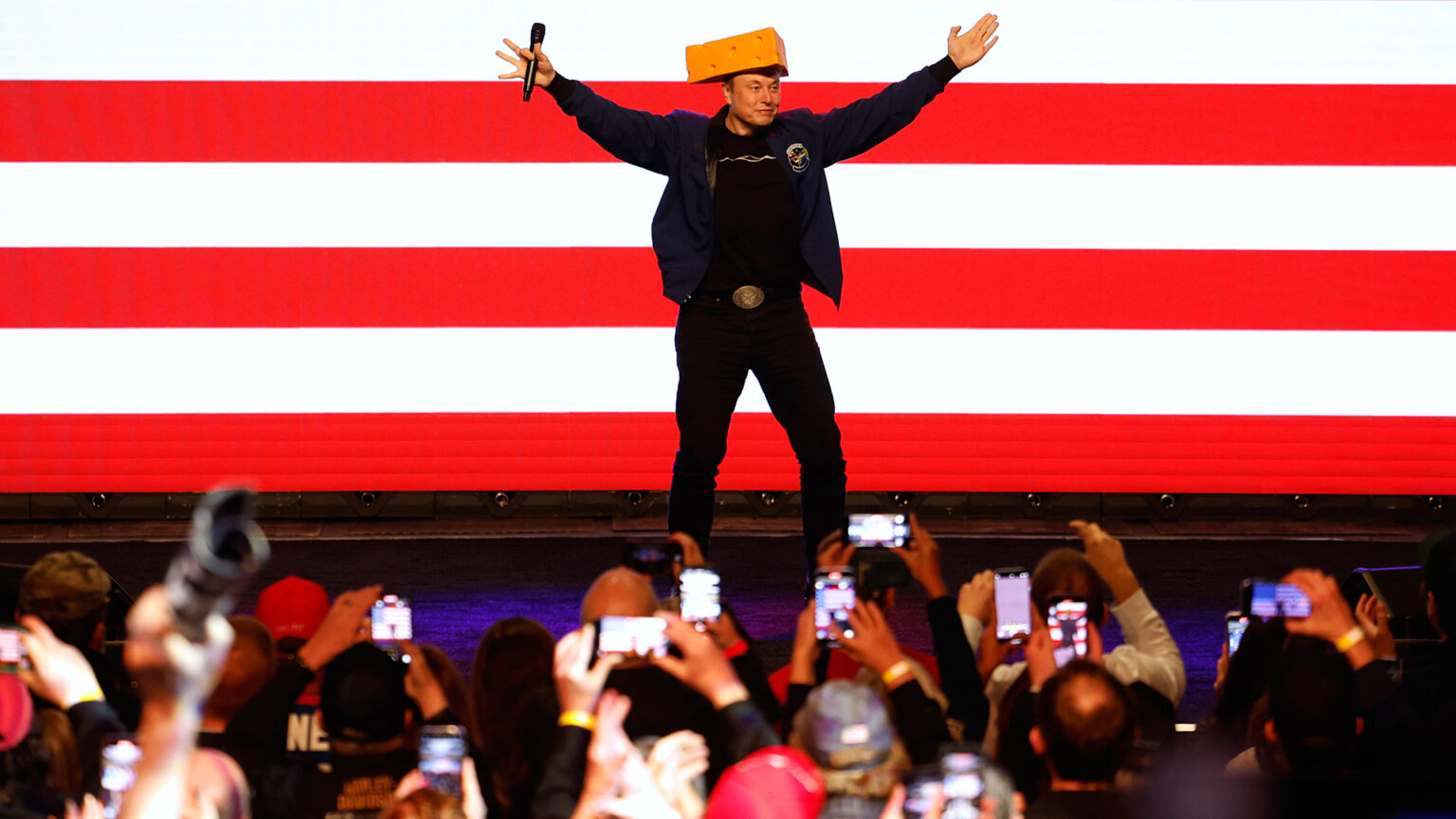
They contend that Musk’s philanthropic efforts and business success should allow him to play an active role in shaping the political landscape.
On the other hand, critics argue that Musk’s actions are a clear example of the dangerous influence that money can have on democracy. They point to the fact that Musk’s giveaway, while positioned as a neutral act of generosity, was clearly aimed at supporting a particular political ideology.
The revelation about Jacobs’ ties to the Wisconsin College Republicans only added fuel to the fire, further cementing the idea that Musk’s actions were more about advancing a conservative agenda than promoting democratic engagement.
As Wisconsin’s Supreme Court election approaches, the controversy surrounding Musk’s giveaway has only heightened the tension surrounding the race. With so much money and influence at play, voters are left to wonder whether their voices are truly being heard or if the outcome of the election will be determined by the deep pockets of powerful individuals like Musk.
The broader implications of Musk’s actions go beyond just Wisconsin. As the 2024 presidential election approaches, the role of wealthy individuals in shaping political outcomes will only continue to grow.
Whether through campaign donations, public endorsements, or direct financial support for candidates, billionaires like Musk have an outsized influence on the direction of American politics.
The question remains: How much influence is too much, and at what point do we, as a democracy, start to question the fairness of elections that are shaped by such deep financial resources?

In the coming days, the fallout from Musk’s Wisconsin giveaway will likely continue to unfold. As voters head to the polls, the specter of outside influence looms large.
Whether or not Musk’s actions have a lasting impact on the outcome of the election remains to be seen, but one thing is clear: his involvement in Wisconsin politics is a reminder of the growing role that money plays in shaping the future of American democracy.

